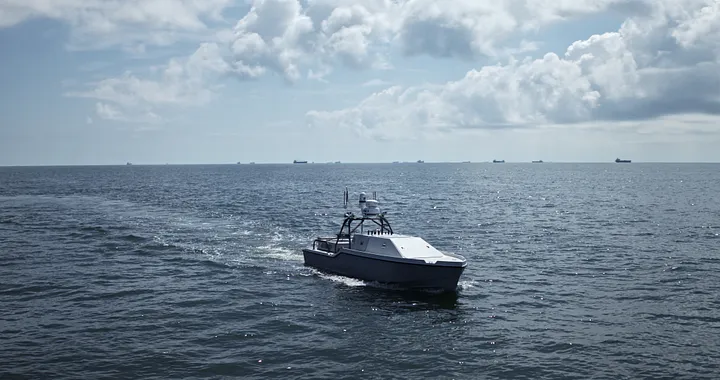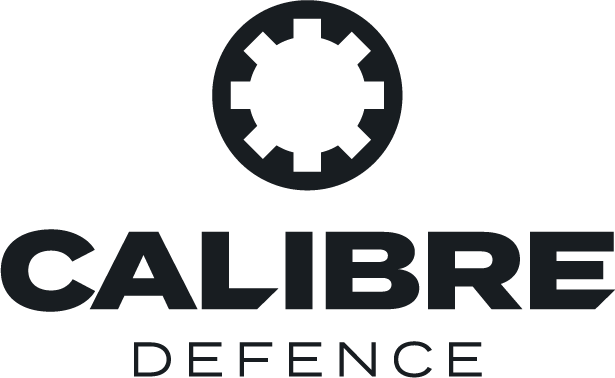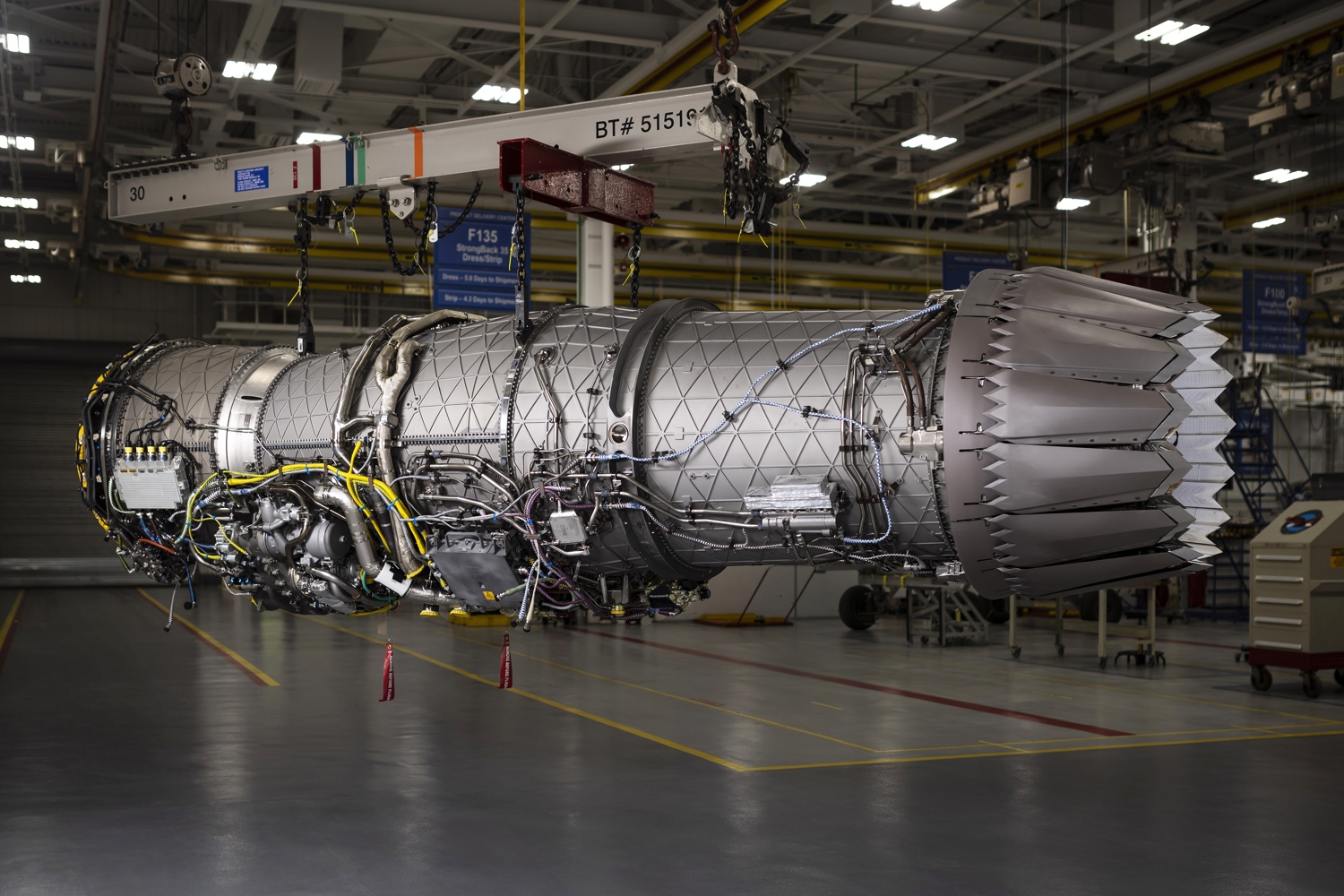Saronic secures $600 million with goal of building autonomous shipyard
Saronic Technologies, a US company specialising in the design and production of autonomous surface vessels has secured its Series C funding with an investment of $600 million, which has quadrupled the company’s valuation to $4 billion, according to an 18th February press release.
The company will use the new funding to build Port Alpha, which it describes as a “next generation facility” designed to build autonomous surface vessels at scale and pace for the US. Saronic joins Anduril in this sense; the company recently announced its intention to build its Arsenal-1 factory in Ohio, which will produce autonomous platforms and other systems at scale to “reinvigorate” the US defence industrial base, Anduril states.
Port Alpha will enable Saronic to expand its surface vessel offering into medium and large-class autonomous ships. The largest vessel produced by Saronic at present is the Corsair, which is a 24 foot vessel with a top speed exceeding 35 knots and a range of 1,000 nautical miles (1,800 km). The software and artificial intelligence (AI) for the Corsair, as well as the hardware is vertically integrated, this means that Saronic takes greater ownership of its supply chain – developing the AI and software in-house, building its own hardware, and so on. This approach can reduce costs and time to produce a product when compared with out-sourcing production.

Saronic is hoping to meet the US Navy’s needs for autonomous vessels and support the deployment of a hybrid fleet. The company’s Corsair is shown here. Credit: Saronic.
“A core principle of Saronic is that we design our vessels for autonomy from the keel up, we will take the same approach with Port Alpha, designing a shipyard from the ground up to produce at a speed and scale not seen since World War II,” said Saronic CEO and Co-Founder Dino Mavrookas.
The company plans to leverage existing processes from the commercial world in its Port Alpha facility to provide the US Navy with a hybrid fleet of crewed and uncrewed surface vessels. This funding round was led by Elad Gil, a Silicon Valley entrepreneur and tech investor. It includes investment from General Catalyst, which has also invested in Anduril and led the Series B funding for Europe’s Helsing.
Company profile: Saronic
Saronic was founded in 2022 and had brought its first autonomous surface vessel to market within six months having signed two agreements with the US Navy in 90 days. Dino Mavrookas, one of the co-founders, served in the US Navy and worked for a number of private equity firms before he set the company up. The intention was to integrate civil and military technologies into a single manufacturer to build autonomous surface vessels. The other co-founder appears to be Rob Lehamn, a former US Marine and founder of 9 Line Solutions, a consulting firm.
By September 2023, Saronic had secured its Series A funding of $55 million, which was provided by 11 investors and led by Caffeinated Capital. The Series B came in 2024 and brought $175 million in investment, lifting the company’s valuation to $1 billion and making it a unicorn. That round was led by Andreessen Horowitz and included Elad Gil as an investor. In early 2025, the company announced plans to expand its facility in Texas with a new campus covering 420,000 square feet (39,000 square metres), as well as the intention to double its workforce from 300 to 600 by the end of the year.
Calibre comment
Companies like Saronic, Anduril, and Helsing are set to play an important role in rebuilding the West’s military capacity. Each of these companies takes a proactive stance in investing their own capital and efforts in production facilities and research and development, often at their own risk. All of them have secured some contracts, for instance, but typically not at the scale that would justify the $1.5 billion Arsenal-1 factory. Their commitment to scale and development potentially of immense value to the DoD and MoDs across Europe, as it provides the opportunity and flexibility to produce new weapons and systems at scale. However, it will be important for governments to grasp this opportunity and place orders where relevant with these companies, or there is a risk that the momentum will be lost.
By Sam Cranny-Evans, published on 19th February 2025.

Sign Up for Updates!
Get insider news, tips, and updates. No spam, just the good stuff!





